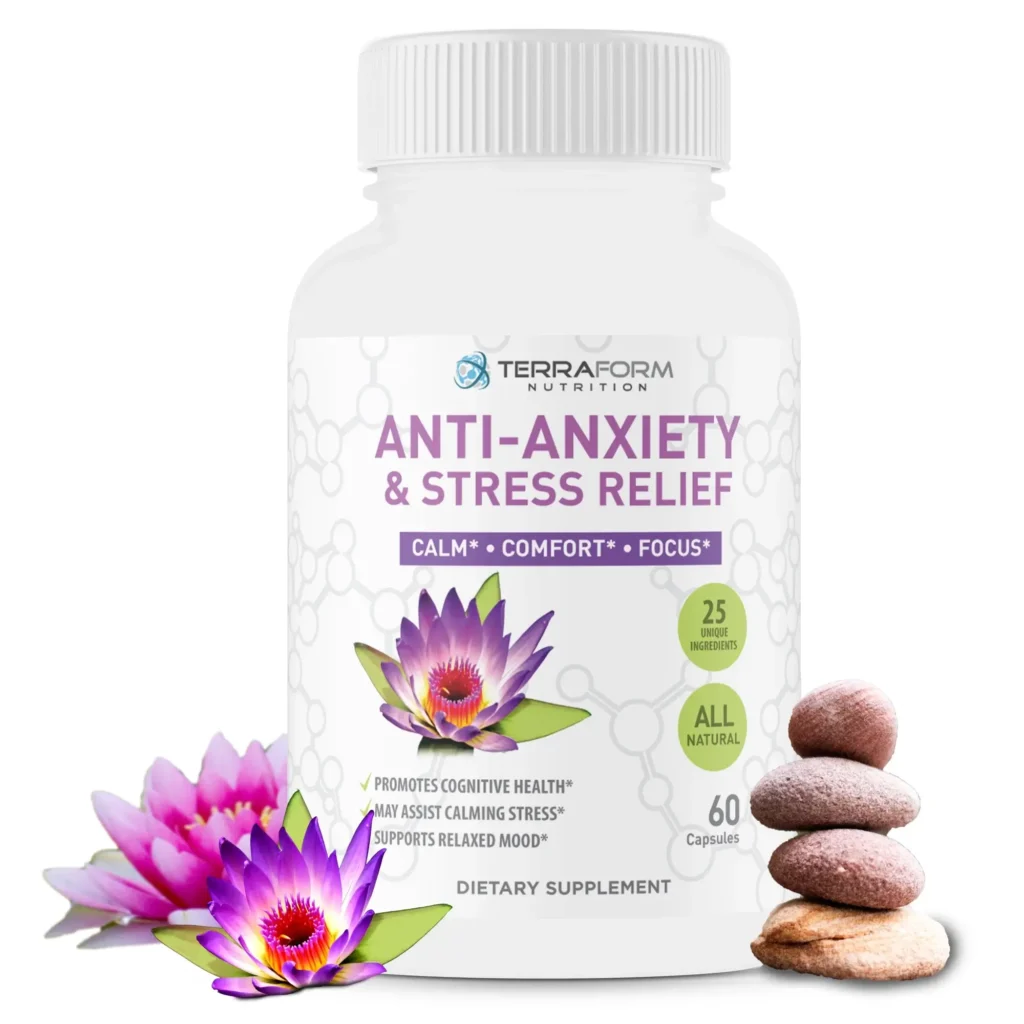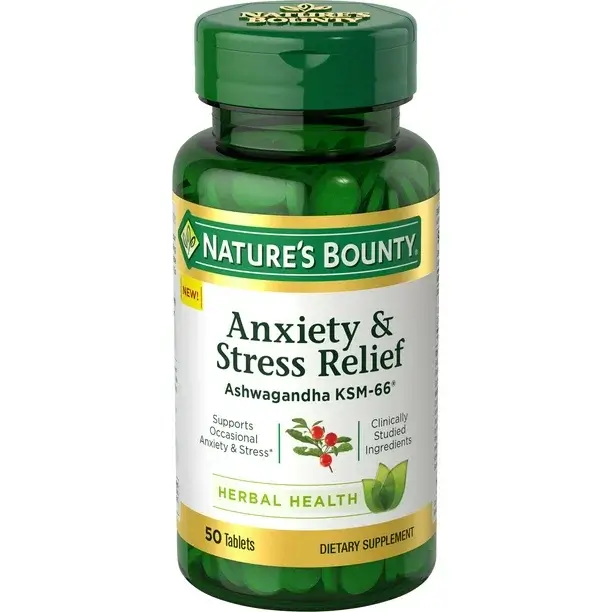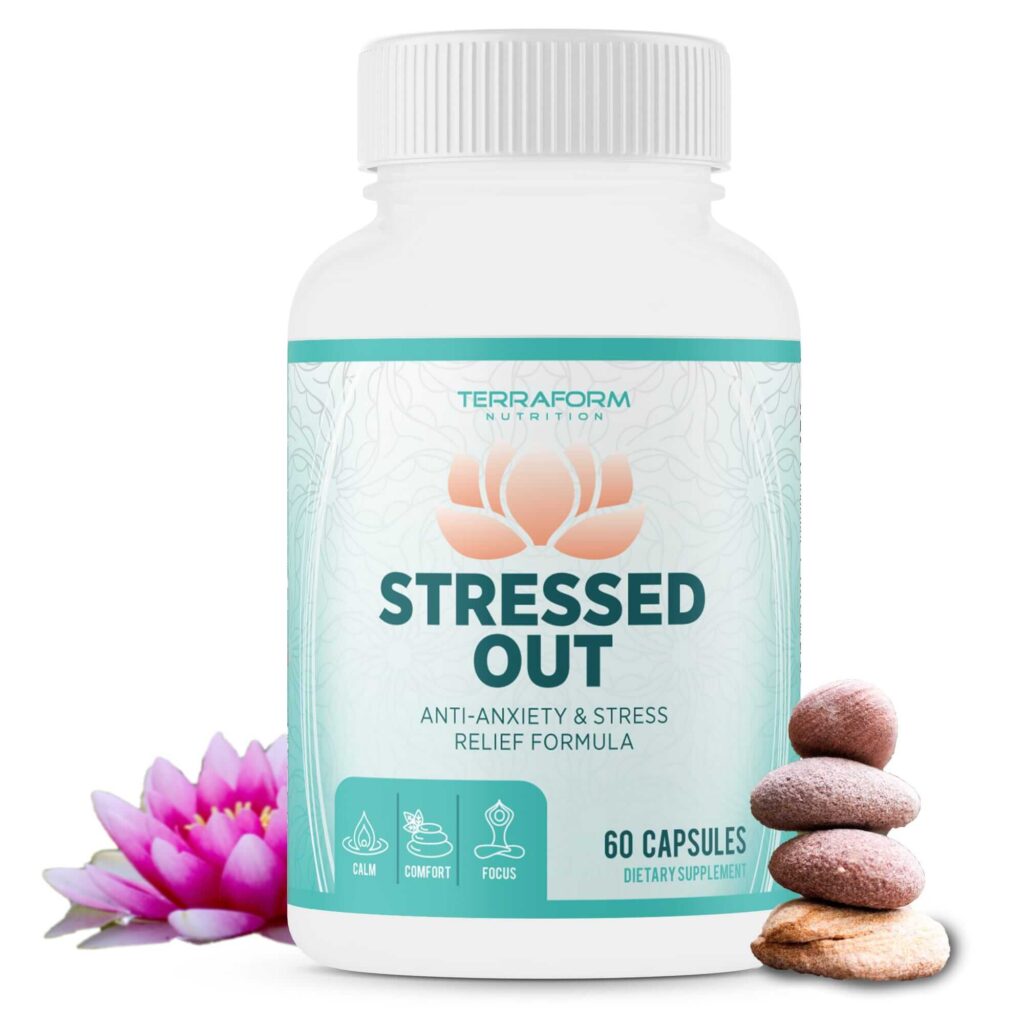Understanding the various types of medicine stress can help you make informed decisions for managing this challenging condition.
Stress is a common experience in modern life, impacting both mental and physical health. While lifestyle changes, therapy, and self-care can effectively manage mild or occasional stress, chronic or intense stress may require a medical approach.
This guide provides an in-depth look at stress medication, exploring options from prescription drugs to over-the-counter remedies.
Understanding Stress and Its Causes
Stress can be either acute (short-term) or chronic (long-term), each with different causes and effects on the body. Acute stress often results from immediate situations, like a work deadline, whereas chronic stress is a prolonged feeling of stress that may stem from ongoing issues like financial strain or health problems.
Common Causes of Stress:
- Work-related pressures and long hours
- Financial difficulties
- Relationship issues
- Health conditions or chronic illness
- Life changes, such as moving or starting a new job
Identifying the source of your stress is essential because different types may require different stress relief medications or treatment approaches.
When to Consider Medication for Stress Relief
While stress is natural, it becomes harmful when it interferes with daily life, leading to symptoms such as anxiety, insomnia, irritability, and even physical pain. If lifestyle changes, exercise, or therapy haven’t relieved symptoms, or if the stress is causing significant disruption in daily life, it may be time to consider medication to help with stress.
Signs You May Need Stress Medication:
- Persistent feelings of anxiety or worry
- Inability to focus or complete tasks
- Sleep disturbances like insomnia
- Physical symptoms, including tension headaches, digestive issues, or increased heart rate
- Loss of interest in activities once enjoyed
Medications can be especially effective when used as part of a broader stress management medication plan that includes lifestyle changes and support.

Types of Medications for Stress Relief
There are several classes of medication commonly used for stress relief, each designed to address different symptoms. Understanding the options can help you and your doctor choose the right stress relief medication for your needs.
- Anti-Anxiety Medications
- Benzodiazepines (e.g., Xanax, Valium) offer short-term relief for severe anxiety and stress. However, they carry a risk of dependency and are typically prescribed only for short periods.
- Buspirone: Often used for chronic anxiety, Buspirone works gradually and may take a few weeks to show effects.
- Antidepressants
- SSRIs (Selective Serotonin Reuptake Inhibitors) like Prozac and Zoloft are used not only for depression but also for chronic stress and anxiety. They help balance serotonin levels, which can alleviate stress and improve mood.
- SNRIs (Serotonin and Norepinephrine Reuptake Inhibitors) like Effexor are effective for both anxiety and stress relief.
- Beta-Blockers
- Beta-blockers like propranolol are sometimes used off-label for stress relief. They block adrenaline, helping to control physical symptoms such as a racing heart or tremors, making them a popular choice for situational stress, such as public speaking.
- Over-the-Counter (OTC) Options and Natural Supplements
- While not as strong as prescription options, OTC supplements like melatonin, valerian root, ashwagandha, and magnesium can offer mild relief from stress symptoms. Always consult a doctor before starting any supplement, especially if you’re already on medication.
Prescription vs. Over-the-Counter Stress Relievers
Prescription medications are often the most effective for moderate to severe stress, especially when it affects daily functioning. However, they require monitoring for side effects and dependency risks, particularly in the case of benzodiazepines.
On the other hand, over-the-counter (OTC) stress relievers, like herbal supplements and vitamins, can provide mild stress relief and are easily accessible. These might work well for mild or occasional stress but are generally less effective for chronic conditions.

Medication for Stress and Depression
Stress and depression often occur together, making it crucial to treat both to ensure long-term well-being. Many drugs for stress and depression are dual-purpose, addressing both conditions. Antidepressants, particularly SSRIs and SNRIs, are frequently prescribed for those experiencing both stress and depressive symptoms, as they help manage mood and anxiety.
Risks and Side Effects of Stress Medications
While stress relief drugs can be highly effective, they come with potential risks and side effects. Common side effects may include drowsiness, nausea, dizziness, or even weight gain. Long-term use of certain medications, especially benzodiazepines, can lead to dependency.
Considerations Before Starting Medication:
- Discuss any past medication history with your doctor.
- Understand possible side effects and how to manage them.
- Stick to prescribed doses and frequency to avoid dependency.
Alternatives and Complementary Therapies for Stress Management
Medication isn’t the only solution for managing stress. Many find success with complementary therapies, such as:
- Mindfulness Meditation: Helps reduce anxiety and improves focus.
- Exercise: Physical activity can boost endorphins, reducing stress.
- Therapy: Cognitive Behavioral Therapy (CBT) and counseling can provide tools for managing stress.
- Lifestyle Adjustments: Healthy diet, adequate sleep, and reduced caffeine can all support better stress management.
For some, these alternatives may work as stand-alone solutions or as complementary to stress prescription medication.

Choosing the Right Medication for Stress Relief
Selecting the best medication for stress depends on factors like symptom severity, lifestyle, and overall health. Working closely with a healthcare provider can help ensure the right choice, whether that’s stress relief meds or a combination of therapies.
Frequently Asked Questions (FAQ)
What is the best medication for stress?
The best medication depends on individual symptoms and needs. SSRIs are a common choice for chronic stress, while benzodiazepines may be used for acute episodes.
Can over-the-counter stress medication help?
OTC options, like herbal supplements, may help with mild stress but generally don’t provide the potency of prescription options.
Are stress medications addictive?
Certain medications, like benzodiazepines, carry a risk of dependency. Always follow a doctor’s guidance to mitigate risks.
Conclusion and Next Steps
Managing stress effectively can significantly improve quality of life. Medication, when used thoughtfully, can provide substantial relief for those struggling with chronic stress. If stress is impacting your daily life, consider reaching out to a healthcare provider to discuss your options. By exploring stress relief medication options and integrating complementary practices, you can take proactive steps toward managing stress and improving your well-being.
Read more:

